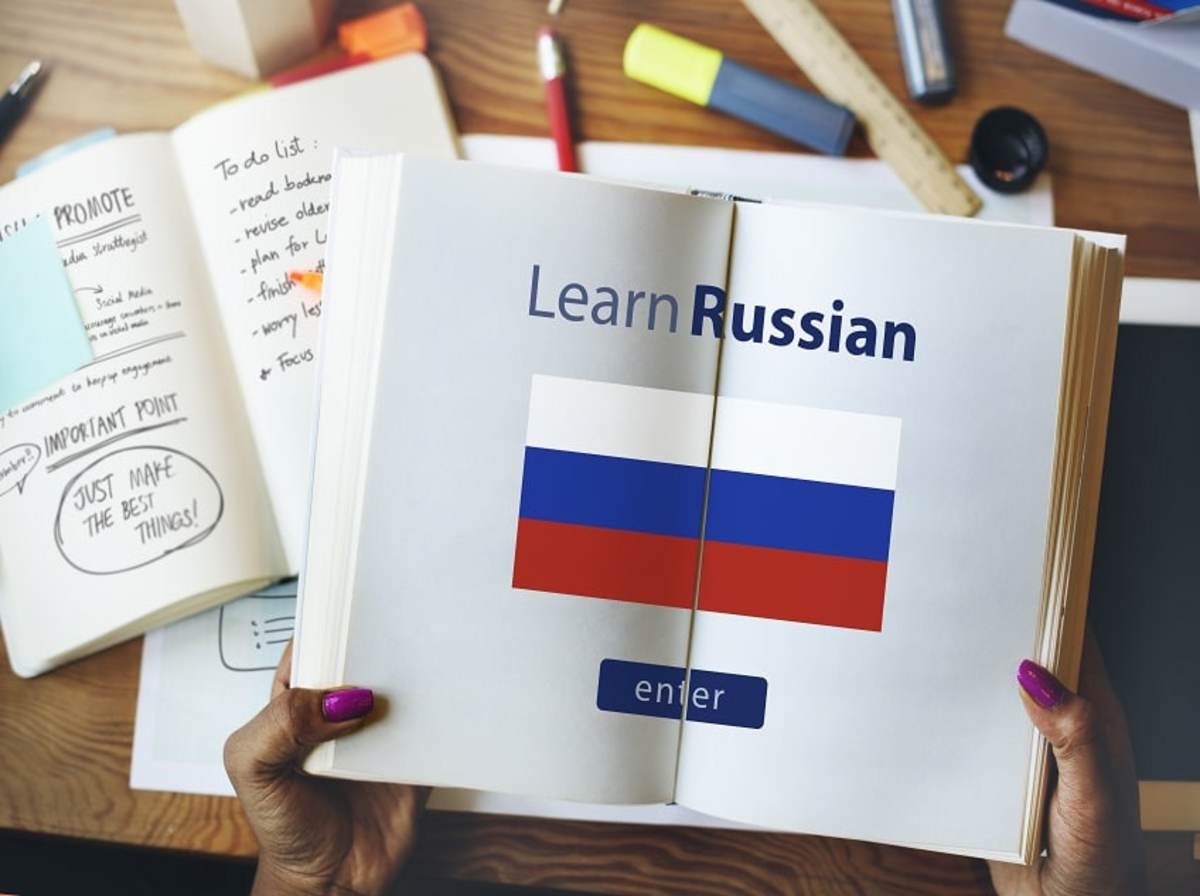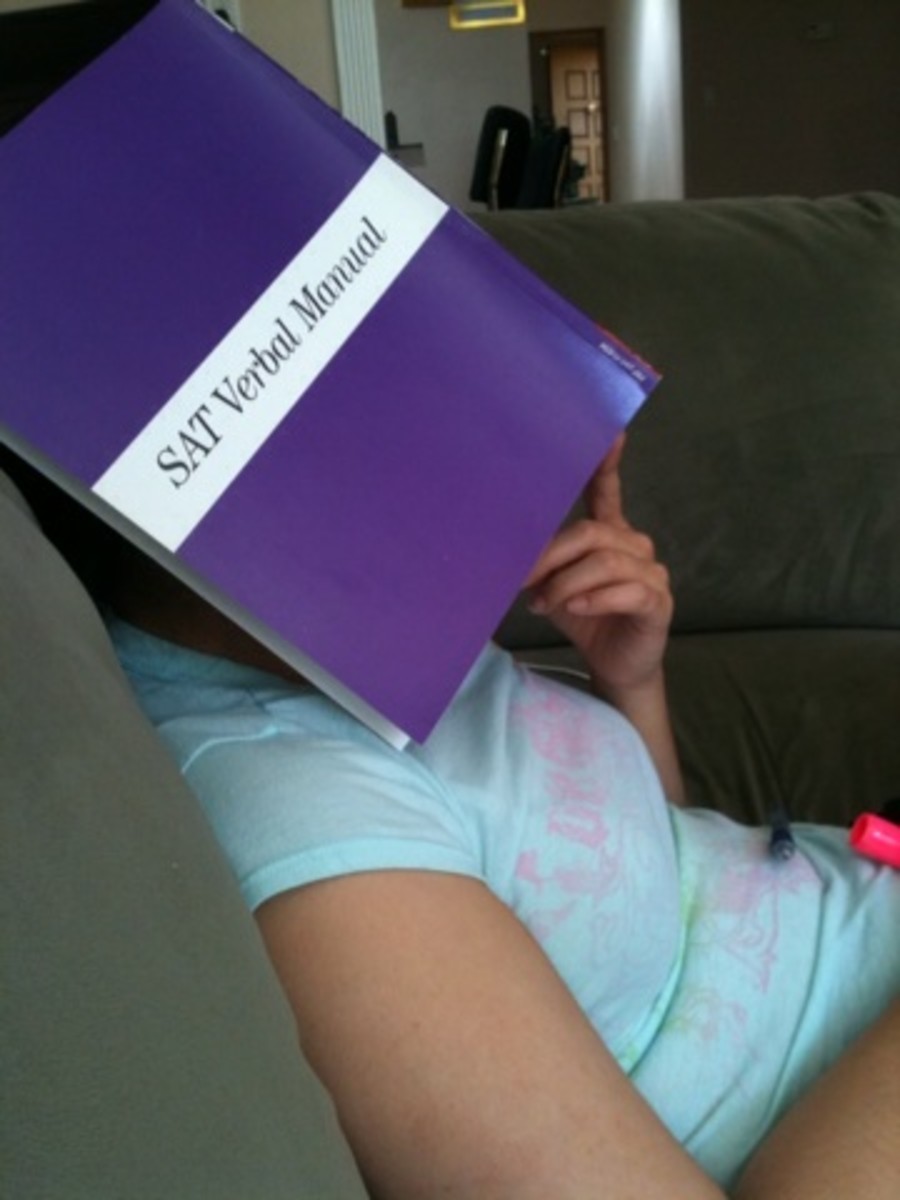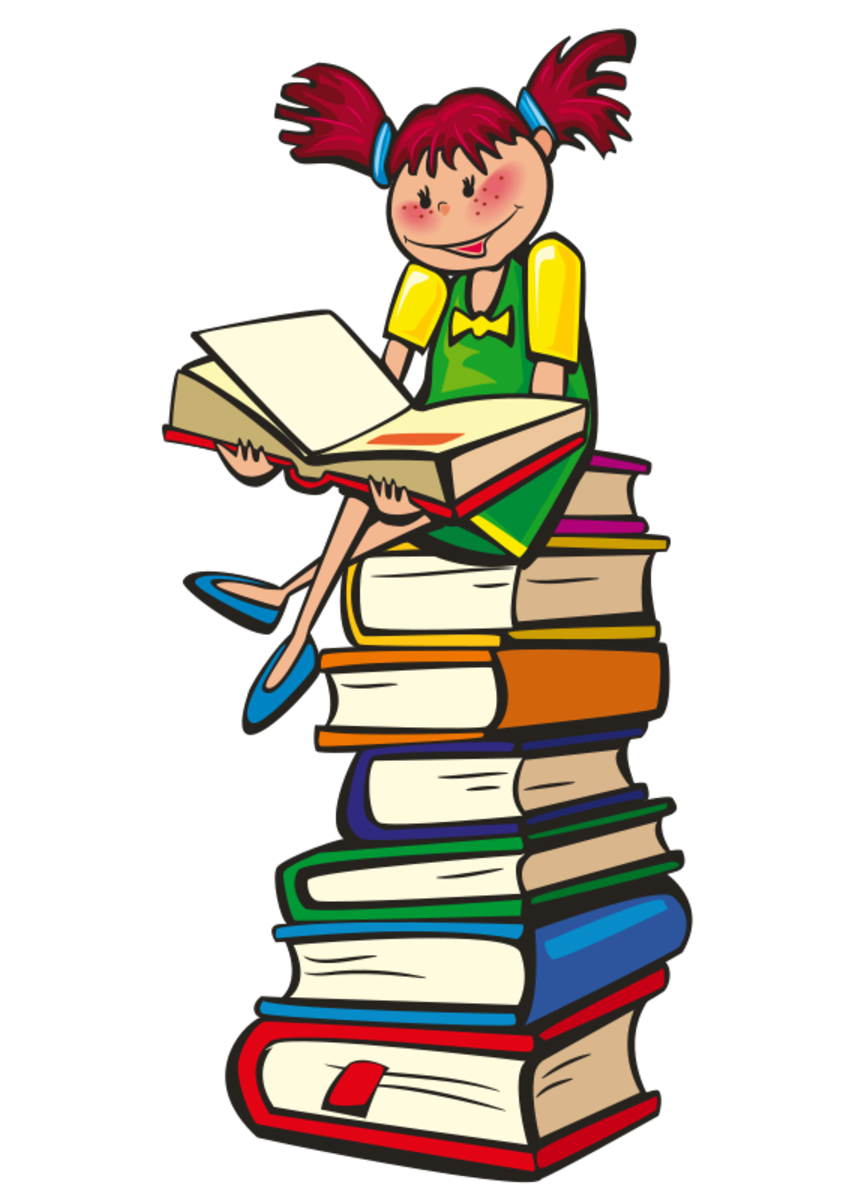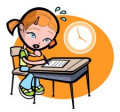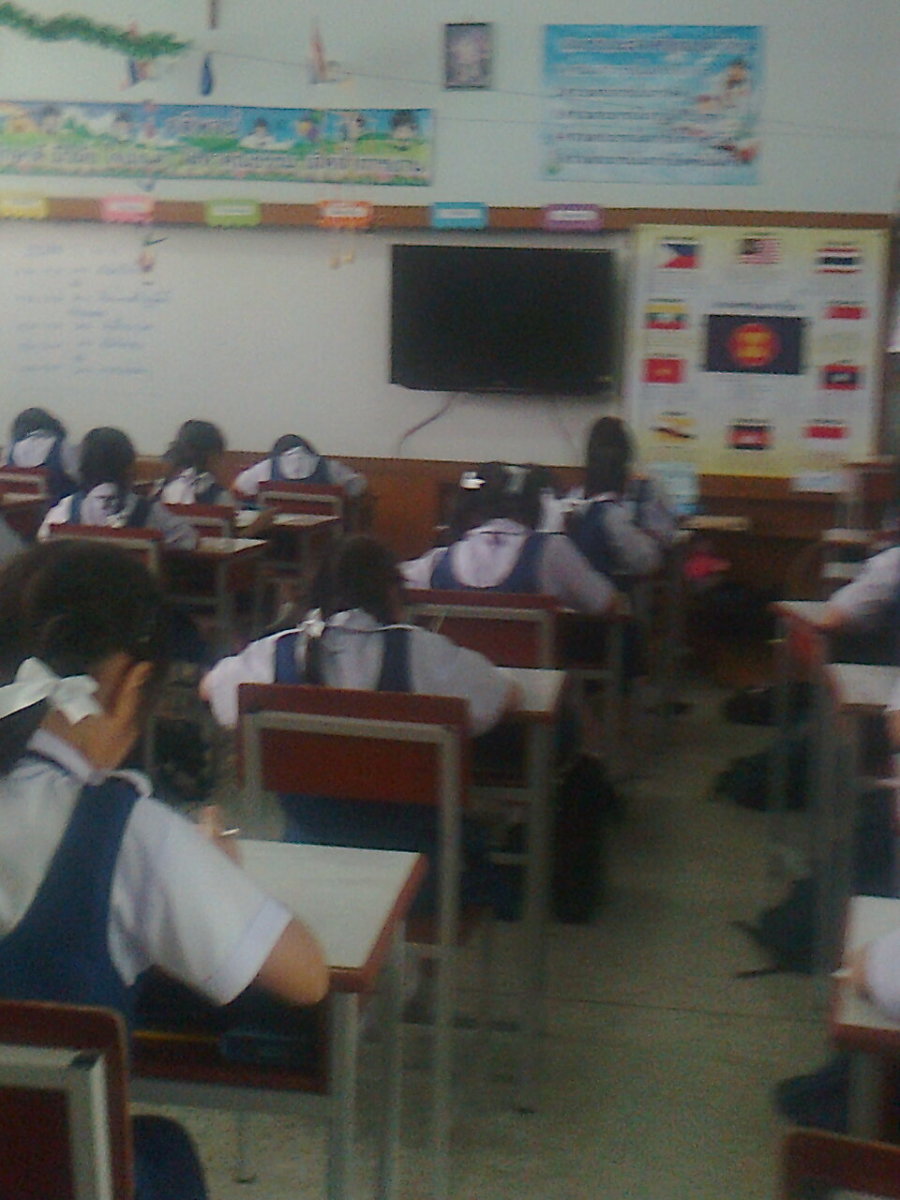A Fourth Grade Curriculum: Reading
Treasures ISBN 0-02-192011-7
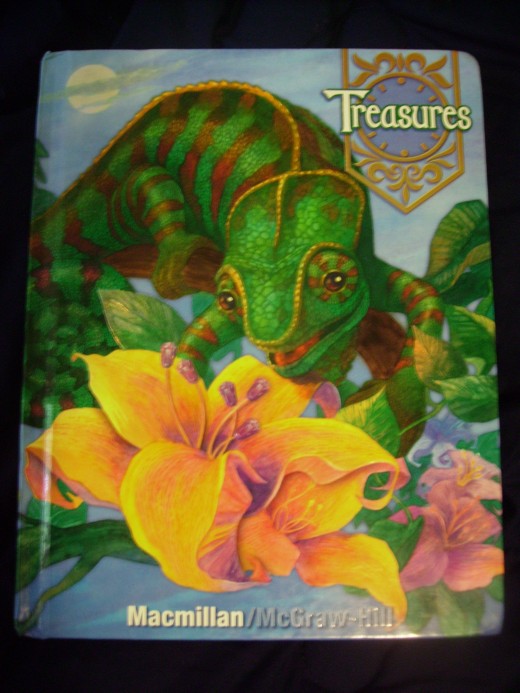
Reading is a misunderstood subject. For a child to succeed on a reading assignment, there are many different skills that are required. Sometimes educators have difficulty pinpointing which skill, if any, needs improvement. Here are some of the skills children need to have in order to succeed in reading English:
- Phonemic Understanding of the Components of Words.
- Morphological Understanding of the Components of Words.
- Reading fluency: the ability to read, out loud or silently, in real time, without any delays, so that the meaning of a phrase of sentence can be comprehended at the same rate as a child processes spoken input.
- Fluency in English: being able to process English in real time, whether it is written or oral, at a rate of speed usually expected of a native speaker.
- Familiarity with specialized vocabulary used in the social register that the written material is composed in.
- The ability to draw inferences from a text, whether it is written or oral.
- The social awareness necessary to process the unwritten context of the text in question
Treasures Online Grade 4 Site
English is not my daughter's first language. We speak Hebrew at home. In fact, when she first enrolled in this school, at age three, in preschool, she didn't speak a word of English. By now, English is her stronger language, because she's been immersed in an English only school for six years.
Sword is a good reader in terms of reading mechanics. She has always been a fairly fluent reader, even when she didn't understand much of what she was reading. However, most reading tests are not tests of fluency. They are not trying to figure out whether your child is dyslexic or hyperlexic or everything else in between. They tend to check on things like vocabulary and overall comprehension. As such, they are culturally biased. The bias is totally unintentional in most cases ; even if the writer is bilingual, he belongs to some culture, and his cultural expectations are built into his writing. If a child belongs to a different culture than the writer, then there can be misunderstandings. Even when a child understands the sentences he is reading, the inferences he draws are based on his social background.
At this point in my daughter's school career, this is no longer a big concern, as Sword tests within and above grade level expectations. However, I always keep an eye on her reading material, just in case some non-reading related problem should affect her success in the classroom reading curriculum.
The fourth grade textbook is called Treasures, and I now have a copy of it at home. It features a beautiful cover illustration of a lizard and a flower. There are even sparkly bits. I wonder how much of the cost of the textbook went into making it this slick.
Once I had the textbook, I also found the website of the publisher. There are exercises for children to do that relate to the reading material. There are also sections for teachers and parents.
Vocabulary Words -- Unit 1
- assignments
- consideration
- allergies
- accuse
- suspicious
- evidence
- consume
The first story in the book is "The Mystery of the Missing Lunch" by Johanna Hurwitz. Vocabulary words are highlighted in yellow in the text.
I noticed that the vocabulary words in the reading book are much more advanced than the spelling words on the weekly spelling test. Apparently, the children are supposed to recognize and comprehend the vocabulary words, but not necessarily be able to spell them.
I believe in an integration of different subjects, so I will try to make sure that my daughter can spell vocabulary words, as well as knowing their meaning.
Johanna Hurwitz Website
- Johanna Hurwitz
Children's author Johanna Hurwitz answers questions about how her library career influenced her writing.





